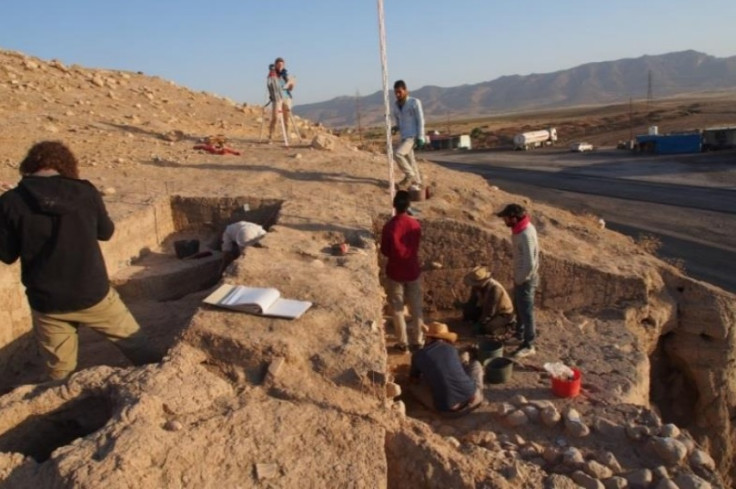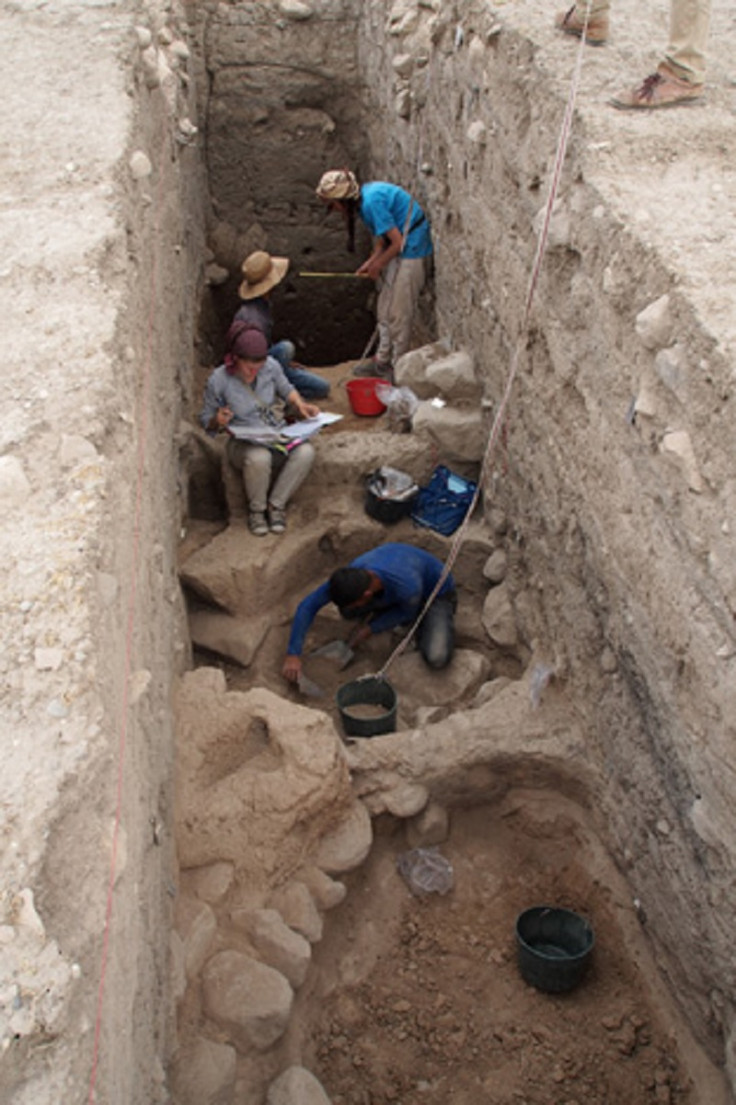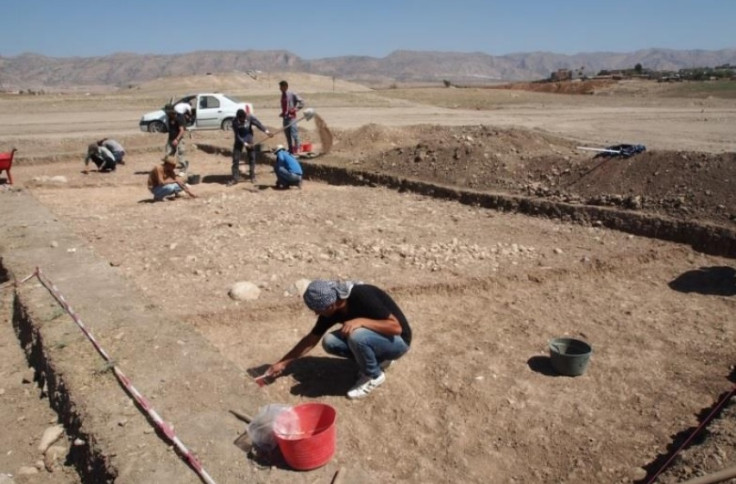5,000-year-old city from Akkadian Empire discovered in northern Iraq
Archaeologists find evidence of city wall and a temple dedicated to Mesopotamian weather god Adad.

The remains of an ancient city has been discovered in northern Iraq. The settlement, near the town of Dohuk, is believed to have served as an outpost for the Akkadian Empire, having been founded 5,000 years ago.
The Bronze Age city was unearthed by archaeologist from the Institute for Ancient Near Eastern Studies (IANES) at the University of Tübingen during excavation work at the Kurdish village of Bassetki between August and October of this year.
Their findings showed the city was established in 3,000 BCE. Settlement layers showed it flourished for 1,200 years, with layers indicating it was occupied during the Akkadian Empire period (2340-2200 BCE).
A city wall was erected approximately 2,700 BCE, while large stone structures were built in 1,800 BCE.
On the outskirts, the team found a town that stretched around 1km, along with a number of grand houses dating to the Bronze Age.
The city appears to have continued to thrive after the fall of the Akkadian Empire – evidence of extensive road networks built in 1800 BCE were uncovered during excavations. These would have connected the city to Mesopotamia and Anatolia.
They also discovered Assyrian cuneiform tablets dating to 1,300 BCE. These tablets indicate there was a temple in the city dedicated to the Mesopotamian storm and rain god Adad.

Bassetki was first recognised as a site of archaeological importance in 1975 following the discovery of the Bassetki statue – a fragment of a bronze figure of the Akkadian god-king Naram-Sin that dated to 2250 BCE. The latest excavation has helped archaeologists explain why the figure was found in the location. They believe the city served as an important outpost for the Akkadian Empire during its short history.
Further excavations are now planned in the area surrounding Bassetki, with researchers expecting to begin work in summer next year. Peter Pfälzner, who led the latest dig, said: "The area around Bassetki is proving to be an unexpectedly rich cultural region, which was located at the crossroads of communication ways between the Mesopotamian, Syrian and Anatolian cultures during the Bronze Age. We're therefore planning to establish a long-term archaeological research project in the region in conjunction with our Kurdish colleagues."

© Copyright IBTimes 2025. All rights reserved.






















